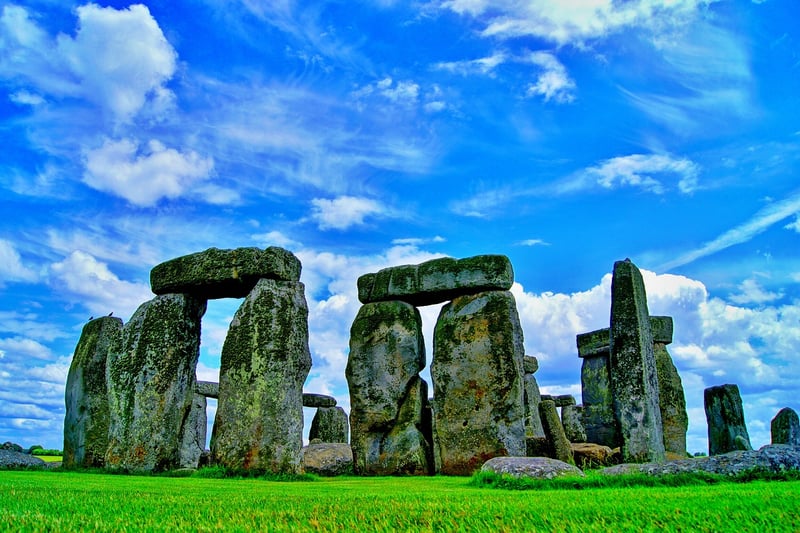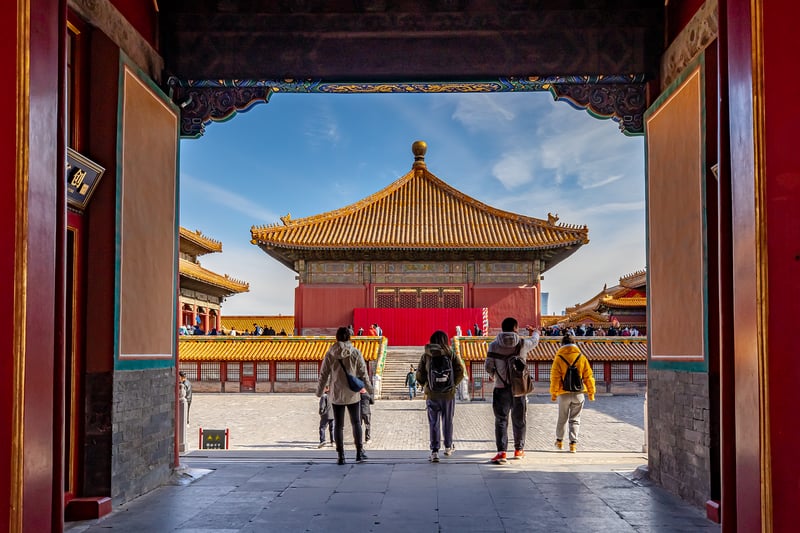Altering History
The Moral Implications of Altering History
History is a tapestry woven from the threads of past events, decisions, and actions. It provides us with a roadmap of where we've been, how we got here, and perhaps most importantly, who we are. But what happens when we tamper with this intricate tapestry? What are the moral implications of altering history?
Preservation vs. Revision
One of the key debates surrounding the alteration of history is the balance between preservation and revision. While preserving historical accuracy is crucial for understanding our past, revision can also offer new perspectives and interpretations. However, altering historical facts for personal or political gain can distort the truth and manipulate future generations.
Learning from the Past
History serves as a teacher, imparting lessons from past triumphs and mistakes. By altering historical events, we risk losing valuable insights that can help us navigate the present and shape the future. It is essential to confront the uncomfortable truths of history rather than sugarcoat or erase them.
Ethical Considerations
When considering altering history, ethical questions arise. Who has the right to decide which parts of history should be changed? Whose voices are silenced or amplified in the process? It is crucial to approach historical revisionism with sensitivity, respect for diverse perspectives, and a commitment to truth and justice.
Impact on Identity and Culture
History forms the bedrock of identity and culture for individuals and communities. Altering historical narratives can disrupt this foundation, leading to a loss of cultural heritage and a distorted sense of self. It is essential to preserve the integrity of history while also acknowledging its complexity and multiple truths.
Conclusion
As we navigate the complexities of history, it is vital to tread carefully when considering alterations. While history is not set in stone and interpretations can evolve, we must approach historical revisionism with caution, integrity, and a deep respect for the past. By preserving the truth of our history, we can honor the voices of the past and create a more informed and just future.


